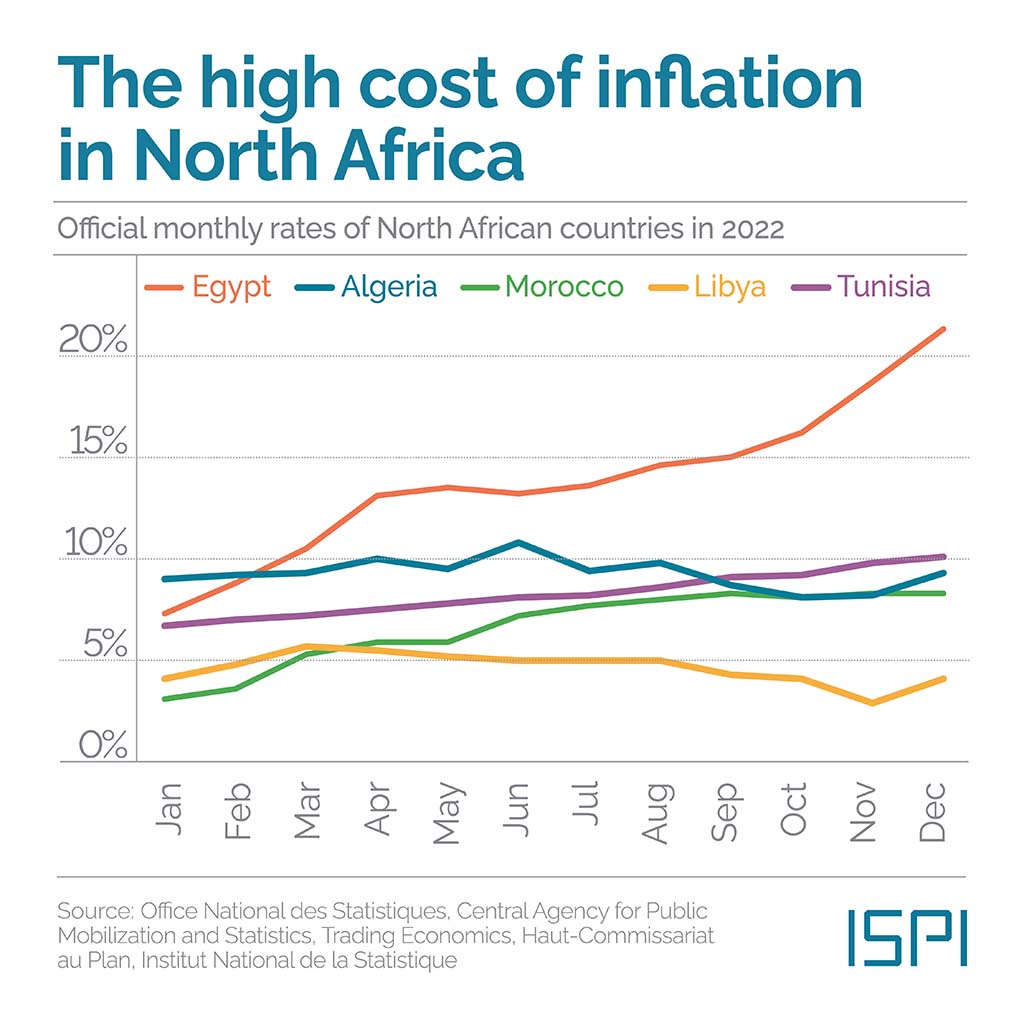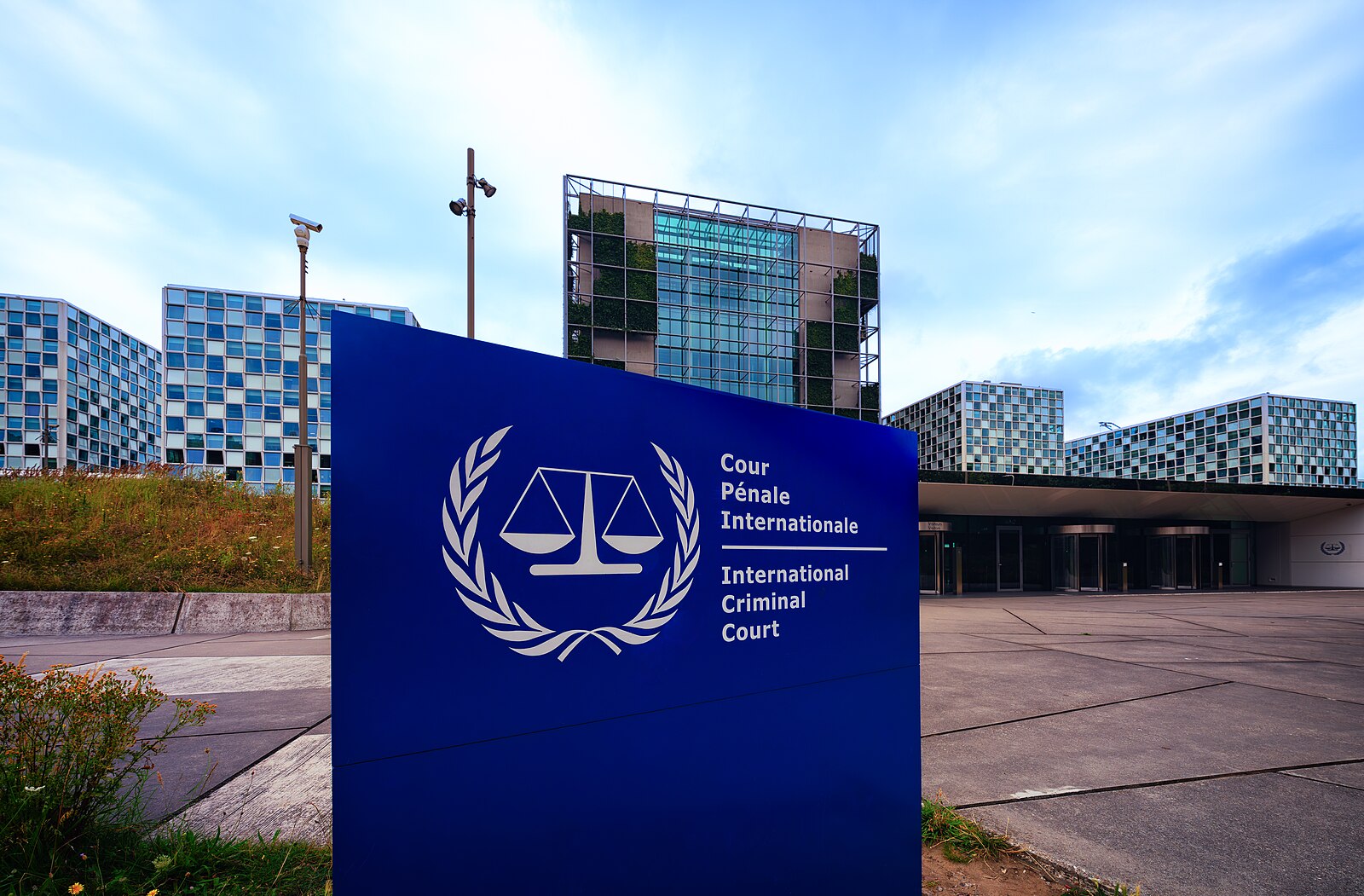
Report on Rising Racism and Reconciliation Efforts in Australia: Emphasizing Sustainable Development Goals
Introduction
Australia’s only national survey monitoring reconciliation progress between Indigenous and non-Indigenous Australians reveals a near 40% increase in racism over the past decade. This report highlights key findings from the Australian Reconciliation Barometer 2024, conducted by Reconciliation Australia, and links these findings to relevant Sustainable Development Goals (SDGs), particularly SDG 10 (Reduced Inequalities), SDG 16 (Peace, Justice and Strong Institutions), and SDG 4 (Quality Education).
Increase in Racism Against Aboriginal and Torres Strait Islander Peoples
- The Australian Reconciliation Barometer recorded an increase in racism experienced by Aboriginal and Torres Strait Islander people from 39% in 2014 to 54% in 2024.
- Types of racism reported include:
- Verbal abuse
- Social media abuse
- Refusal of entry or service
- Discrimination in renting properties
- Physical violence
- Younger First Nations people reported higher levels of racism compared to other age groups.
- Racism was encountered in interactions with:
- Police
- Taxis and rideshare services
- Government services
- Hospitality and utility providers
- Employers
Factors Contributing to Increased Reporting of Racism
- Greater awareness and understanding of racism, including structural and systemic discrimination.
- Impact of the 2023 Voice referendum campaign, which negatively influenced perceptions among First Nations people and young Australians.
- Political climate and social media “bad behaviour,” including the influence of right-wing populism.
Impact on Young People and Multicultural Communities
- 61% of Australians aged 18-24 believe Australia is a racist country, compared to 41% of the general population.
- Two-thirds of these young people attribute their views to the Voice referendum campaign’s discourse.
- Young people and multicultural Australians show strong commitment to reconciliation:
- 66% of young people want to participate in reconciliation efforts.
- 56% of multicultural Australians support reconciliation participation.
- These figures contrast with 42% of the general population.
Role of Education and Truth-Telling in Reconciliation
- Increased education on Aboriginal and Torres Strait Islander history in school curricula contributes to greater awareness among young Australians.
- Strong community support for truth-telling:
- 67% of Anglo-Australians
- 81% of multicultural Australians
- 89% of young Australians
- Truth-telling is recognized as essential for understanding history and fostering societal change, aligning with SDG 4 (Quality Education) and SDG 16 (Peace, Justice and Strong Institutions).
Recommendations and Policy Advocacy
- Reconciliation Australia urges the federal government to:
- Design meaningful Indigenous policies.
- Adopt the National Anti-Racism Framework launched by the Australian Human Rights Commission.
- The National Anti-Racism Framework includes 63 recommendations such as:
- Establishment of an anti-racism taskforce.
- Creation of a national body to prevent Aboriginal deaths in custody.
- External review of racism within the criminal justice system.
- Calls for enhanced anti-racism measures in workplaces, with scrutiny of current legislation like the Race Discrimination Act, to better address systemic racism.
Conclusion
The findings of the Australian Reconciliation Barometer 2024 underscore the urgent need to address rising racism and promote reconciliation in Australia. These efforts directly support the achievement of Sustainable Development Goals, especially:
- SDG 10: Reduce inequality within and among countries by combating discrimination and promoting social inclusion.
- SDG 16: Promote peaceful and inclusive societies, justice for all, and build effective, accountable institutions.
- SDG 4: Ensure inclusive and equitable quality education that fosters understanding of Indigenous histories and cultures.
Continued advocacy, education, and policy reform are essential to creating a just and cohesive society that respects and empowers Aboriginal and Torres Strait Islander peoples.
1. Which SDGs are addressed or connected to the issues highlighted in the article?
- SDG 10: Reduced Inequalities
- The article discusses the rise in racism and racial discrimination against Aboriginal and Torres Strait Islander people, highlighting inequalities in society.
- SDG 16: Peace, Justice and Strong Institutions
- Issues related to discrimination by police, government services, and the justice system are raised, pointing to the need for justice and inclusive institutions.
- SDG 4: Quality Education
- The article mentions progress in teaching Aboriginal and Torres Strait Islander history in schools, which relates to inclusive and equitable education.
- SDG 5: Gender Equality
- While not explicitly mentioned, addressing racism and discrimination contributes to broader social equality, including gender equality.
- SDG 3: Good Health and Well-being
- Experiences of racism and discrimination can negatively impact mental health and well-being, which relates to this goal.
2. What specific targets under those SDGs can be identified based on the article’s content?
- SDG 10: Reduced Inequalities
- Target 10.3: Ensure equal opportunity and reduce inequalities of outcome, including eliminating discriminatory laws, policies and practices.
- SDG 16: Peace, Justice and Strong Institutions
- Target 16.3: Promote the rule of law at the national and international levels and ensure equal access to justice for all.
- Target 16.b: Promote and enforce non-discriminatory laws and policies for sustainable development.
- SDG 4: Quality Education
- Target 4.7: Ensure that all learners acquire knowledge and skills needed to promote sustainable development, including education for human rights and cultural diversity.
- SDG 3: Good Health and Well-being
- Target 3.4: Promote mental health and well-being.
3. Are there any indicators mentioned or implied in the article that can be used to measure progress towards the identified targets?
- Indicator related to SDG 10.3
- Percentage of Aboriginal and Torres Strait Islander people experiencing racism (reported increase from 39% in 2014 to 54% in 2024).
- Incidences of racial discrimination in various sectors such as police, government services, hospitality, and employment.
- Indicator related to SDG 16.3 and 16.b
- Existence and implementation of anti-racism frameworks and policies, such as the National Anti-Racism Framework and recommendations for anti-racism taskforces.
- Number of Aboriginal deaths in custody and reviews into racism in the criminal justice system (implied by calls for oversight bodies).
- Indicator related to SDG 4.7
- Inclusion of Aboriginal and Torres Strait Islander history in school curriculums and the percentage of young people educated about reconciliation.
- Percentage of young people and multicultural communities actively participating or supporting reconciliation efforts.
- Indicator related to SDG 3.4
- Reported mental health impacts related to experiences of racism (implied through discussion of social and structural racism effects).
4. Table: SDGs, Targets and Indicators
| SDGs | Targets | Indicators |
|---|---|---|
| SDG 10: Reduced Inequalities | 10.3: Eliminate discriminatory laws, policies and practices to reduce inequalities. |
|
| SDG 16: Peace, Justice and Strong Institutions |
|
|
| SDG 4: Quality Education | 4.7: Ensure learners acquire knowledge and skills to promote sustainable development, including human rights and cultural diversity. |
|
| SDG 3: Good Health and Well-being | 3.4: Promote mental health and well-being. |
|
Source: abc.net.au







